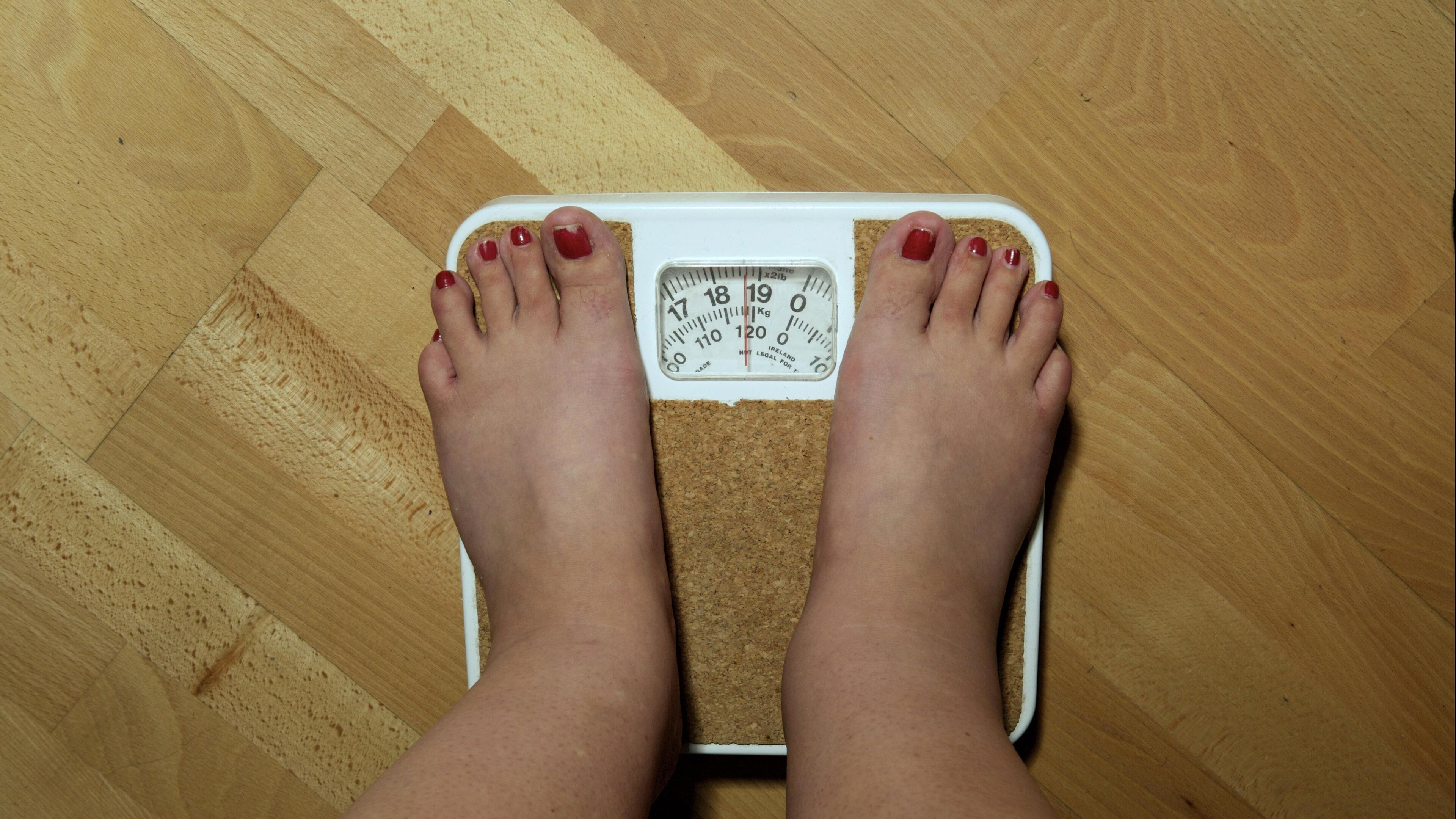Does daily fasting like the 16:8 diet help with weight loss?

Researchers from the University of Illinois at Chicago recently examined the effects of time-restricted eating, an intermittent fasting diet that limits food consumption to certain hours each day.
They found that daily fasting proved effective in weight loss and lowering blood pressure in obese adults with an average age of 45 and average body mass index of 35.
For the study, which was published in the journal Nutrition and Healthy Aging on June 15, researchers followed 23 obese volunteers for 12 weeks.
Between 10 a.m. and 6 p.m., the participants could eat any foods and any quantities of foods. But for the rest of the day’s 16 hours, they were limited to water or calorie-free drinks. This diet is called the 16:8 diet (16 hours of fasting; eight hours of “feasting”).
Compared to a matched historical control group from a prior trial testing another type of fasting diet, the participants on the 16:8 diet not only consumed 350 fewer calories but also lost about 3 percent of their body weight. Furthermore, these dieters saw their systolic blood pressure decrease by approximately 7 millimeters of mercury.
Both the control group and 16:8 diet group had similar figures for fat mass, cholesterol and insulin resistance.
Participants were also able to adhere to the diet for about six days per week, a rate that remained constant throughout the trial.
"The take-home message from this study is that there are options for weight loss that do not include calorie counting or eliminating certain foods," UIC associate professor and study author Krista Varady said in a school news release.
Other weight loss diets, such as alternate day fasting and 5:2 have shown promise, but this was the first study to examine whether time restricted feeding is effective for weight loss and metabolic disease risk reduction in obese people.
Varady said the 16:8 diet may be easier for obese individuals to maintain over a short period, though time restricted feeding seems to produce less weight loss compared to other forms of intermittent fasting.
“We speculate that this difference in weight loss is due to greater overall caloric restriction achieved with other forms of intermittent fasting, versus time restricted feeding,” researchers wrote.
Eating durations were self-reported by participants and may be considered a limitation, according to the study. The research also allowed consumption of caffeine, known to affect circadian rhythm.
“Since time restricted feeding is based on the principle of circadian rhythm regulation of metabolism, low-energy caffeinated drinks may not count significantly towards energy consumption, but can have significant impact on circadian regulation,” researchers wrote.
Controlled longer-term, large-scale trials are still necessary, Varady said. And future research, the authors suggest, should examine how shorter eating windows or placement of those feeding windows influence weight loss results.
More than 2.2 billion people around the world — about a third of the planet's population — are estimated to be overweight. And 10 percent of the global population is considered obese, according the Institute for Health Metrics and Evaluation at the University of Washington.
The team of UW researchers examined data from 68.5 million people in 195 countries and territories from 1980 through 2015 and found that since 1980, obesity rates in 70 countries have doubled.
The largest contributors to weight-related deaths between 1980 and 2015 were heart disease, diabetes, kidney diseases, cancers and musculoskeletal disorders.
But the most "worrisome" finding, according to researchers, was that the rate of childhood obesity surpassed the adult obesity rate in many of the world's countries since 1980.
The United States had the highest rate of childhood obesity in the world at nearly 13 percent.

